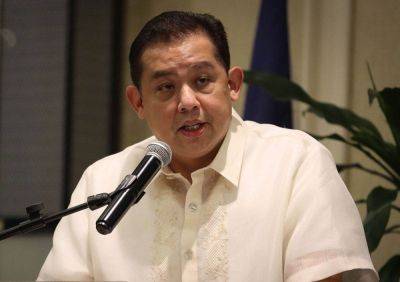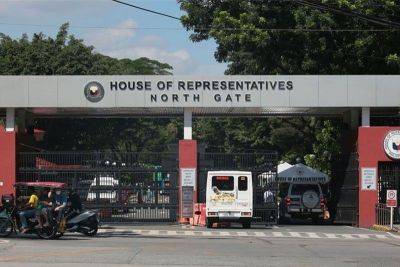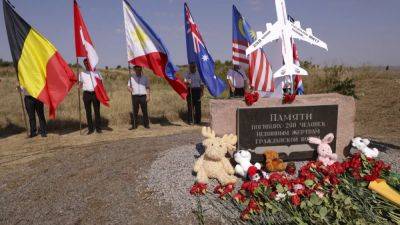POGO torture victims speak out at House inquiry
MANILA, Philippines — Four foreign nationals, mostly Chinese, rescued from Philippine offshore gaming operator (POGO) hubs in Pampanga and Tarlac appeared at Wednesday's inquiry of two House panels to prove the torture activities inside online gambling facilities.
A Filipina who was rescued from a scamming facility in Myanmar by the Presidential Anti-organized Crime Commission (PAOCC) was also presented during the joint hearing of the House panels on public order and security and human rights.
“We cannot allow these rogue POGO operators to persist. It is imperative that we identify and unmask the masterminds and protectors behind these operations so they can be prosecuted to the fullest extent of the law,” House Speaker Martin Romualdez underscored.
“We presented the Myanmar (case) to provide context to the committee that the problem of scam farm is not limited to the Philippines but an inter-Asian problem,” PAOCC spokesman Wilson Casio said, adding that influx of foreigners working in POGOs started in 2017 and peaked in 2019.
PAOCC also showed video clips of five POGO workers undergoing torture at the hands of Chinese nationals inside the facilities. This included the video of a Malaysian national who was found dead last year.
The first video showed a Chinese woman being hit by pipes in the head and back. The second video showed a Chinese man tied to the foot of a double-decker bed while his hands were tased, and the third video showed a naked Chinese man whose genitalia were tased by two men.
One of the rescued workers, a Malaysian who identified himself as Dylan, told the panel he was invited for dinner by a friend in Bamban because it was Chinese New Year. But he was, instead, sold to a POGO hub in Bamban for P300,000.
Dylan was told by POGO that he would be released if he pays his “debt” or work for them for 18 months without pay. He suffered minor beating when he asked for his release on his sixth month at the said facility.
On the other hand, the Filipina woman told the panel that she was encouraged to work in Myanmar by her own relative as an encoder. She, however, ended up working in a facility engaged in love scams and investment scamming through chat.







